
Essentials for a healthy sex life
Some people say certain foods have an effect on their sex drive, but according to the Mayo Clinic, extravagant claims for many aphrodisiacs are not supported by scientific studies. That doesn’t mean what you eat doesn’t impact sexual function though; evidence shows that your sex drive can be helped by having an active mind and a healthy body. Here’s what you need to know.
Get The Healthy @Reader’s Digest newsletter
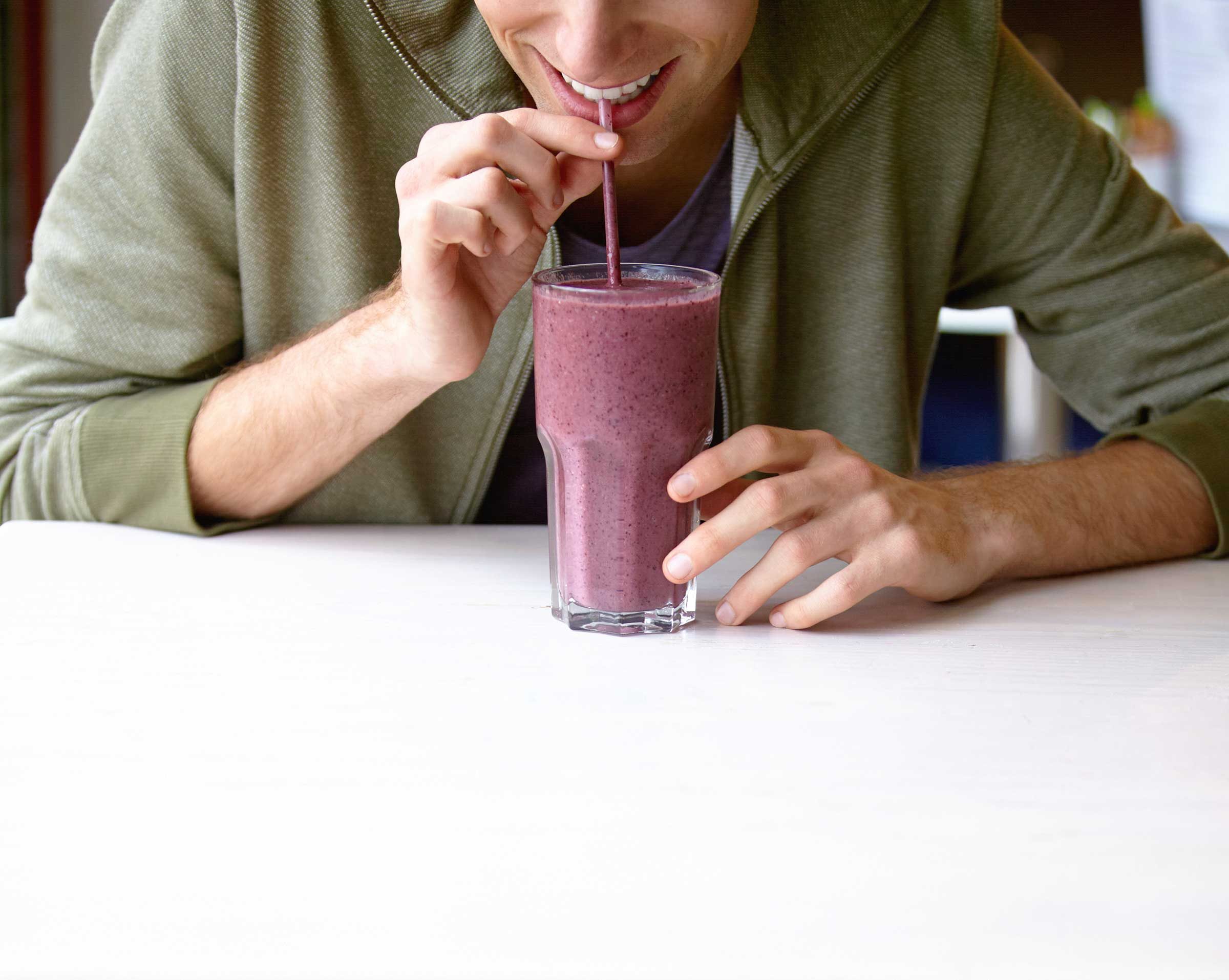
A healthy sex life depends on good nutrition
Good nerve function, healthy hormone levels and an unobstructed blood flow to the pelvic area are essential to sexual performance, says Tasneem Bhatia, MD, a board-certified integrative medical expert in Atlanta, and author of Super Woman Rx. To keep these systems in working order, make sure you have a diet rich in legumes, whole grains and other complex carbohydrates, with plenty of fruits and vegetables.
Particularly important are foods rich in flavonoids, compounds found in plant-based foods and drink. A study of 50,000 men, published in 2016 in The American Journal of Clinical Nutrition, suggests that eating flavonoid-rich foods may improve erectile function. Of the main types of flavonoids, researchers found that three had the greatest benefit: anthocyanins, flavanones, and flavones, all of which are found in berries—like blueberries, blackberries, and strawberries—as well as cherries, grapes, apples, pears, and citrus fruit.

Vitamin E and sexual function
Many experts believe that sexual function is likely to suffer without a good supply of vitamin E—found in oils, nuts, seeds, green vegetables and wheat germ oil. A few small studies, including one published in 2019 in the journal Advances in Integrative Medicine, suggests they may be on to something. After six weeks of taking a supplement made of vitamin E and ginseng, men with erectile dysfunction showed improvement in their condition, as compared to the group that took a placebo.
“At the root of sexual function is hormone balance and we need a lot of healthy fats for good hormone balance,” says Dr. Bhatia. “In most of the recent research, vitamin E isn’t directly tied to sexual function, but it is a marker. If your vitamin E levels are low, you’re likely having an issue with fat malabsorption, meaning you’re not able to digest fat or absorb fat. That could affect sexual function.”
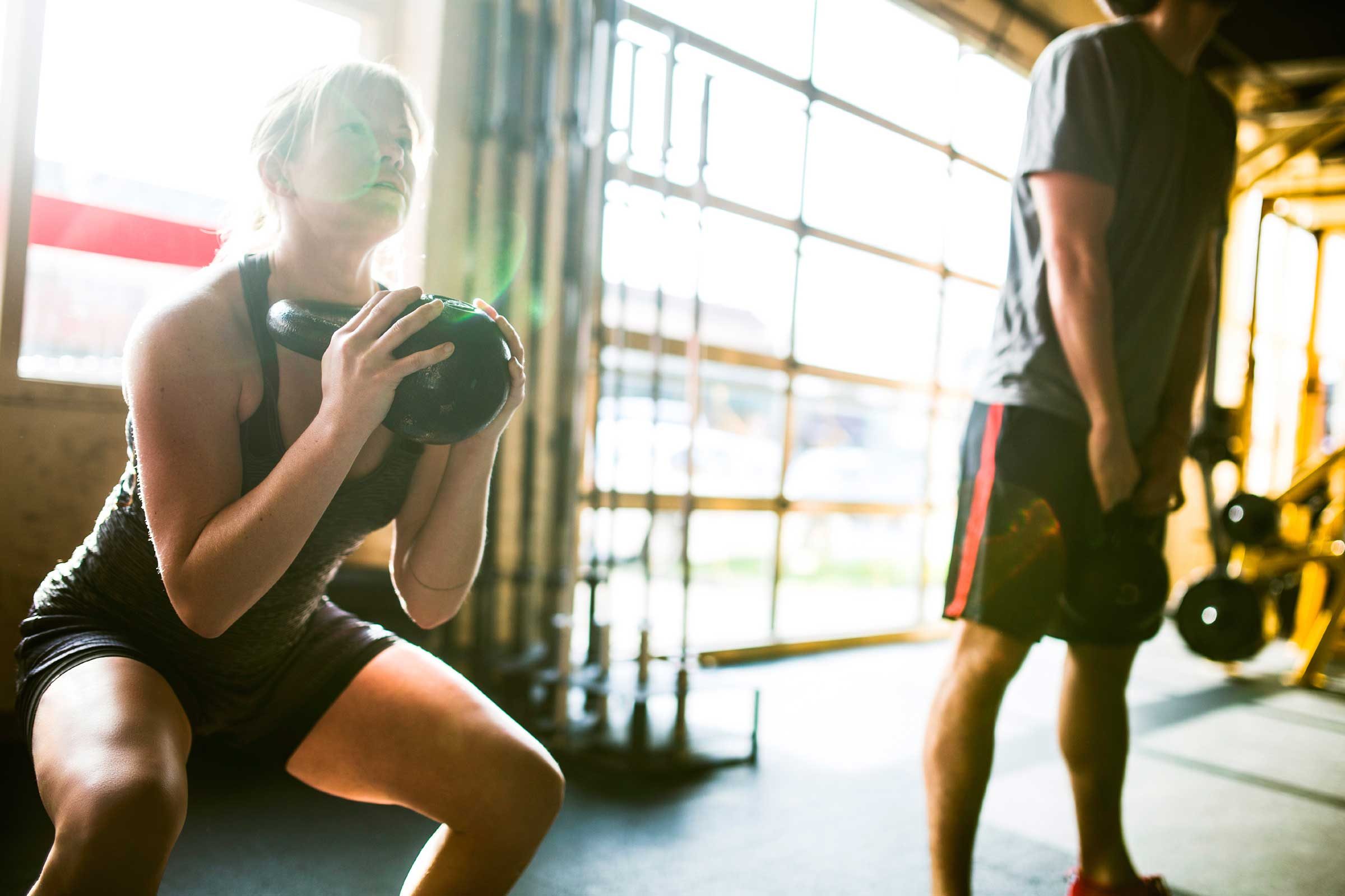
Get going
Fatigue and depression are common culprits in sexual complaints, says Dr. Bhatia. The two are often linked, and both may be helped by regular exercise, which stimulates the production of endorphins (mood-elevating brain chemicals).
In some cases, iron-deficiency anemia may be responsible for fatigue. Signs you may be deficient in iron: “Usually your skin changes color—it gets pale, sallow, or dull,” says Dr. Bhatia. “You may become winded or out of breath quickly, get dizzy more easily, and be cold. All of these are signs of iron deficiency versus generalized fatigue.”
A diet that includes meat, fish and shellfish, nuts and seeds, legumes, enriched or fortified grains and cereals, leafy greens, and dried fruits can help replenish iron stores.
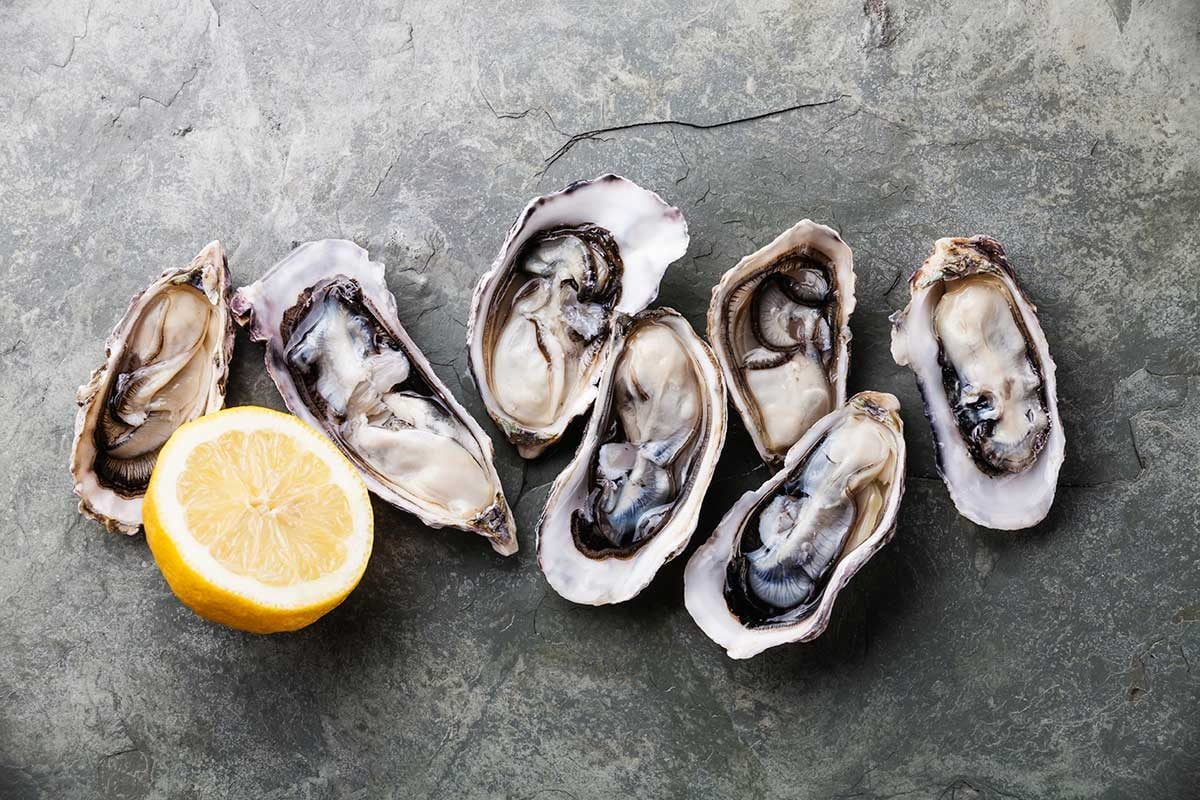
Get zealous over zinc
Zinc is tied to sexual function, but its importance to sex drive has yet to be fully understood. A review of studies published in 2018 in Journal of Reproduction & Infertility, for instance, shows that zinc is essential for male fertility (adequate amounts of the mineral are needed for normal sperm function and fertilization). There’s very little solid research, however, on the relationship between zinc and sex drive. A study published in Journal of Human Reproductive Sciences suggests that zinc may improve sexual performance, but since it was done on male rats, the findings are considered preliminary.
To make sure you get plenty of this important mineral, keep in mind: Oysters contain more zinc per serving than any other food, but red meat and chicken provide the majority of zinc in the typical American diet. Other sources include beans, nuts, certain types of seafood (such as crab and lobster), whole grains, fortified breakfast cereals, and dairy products.
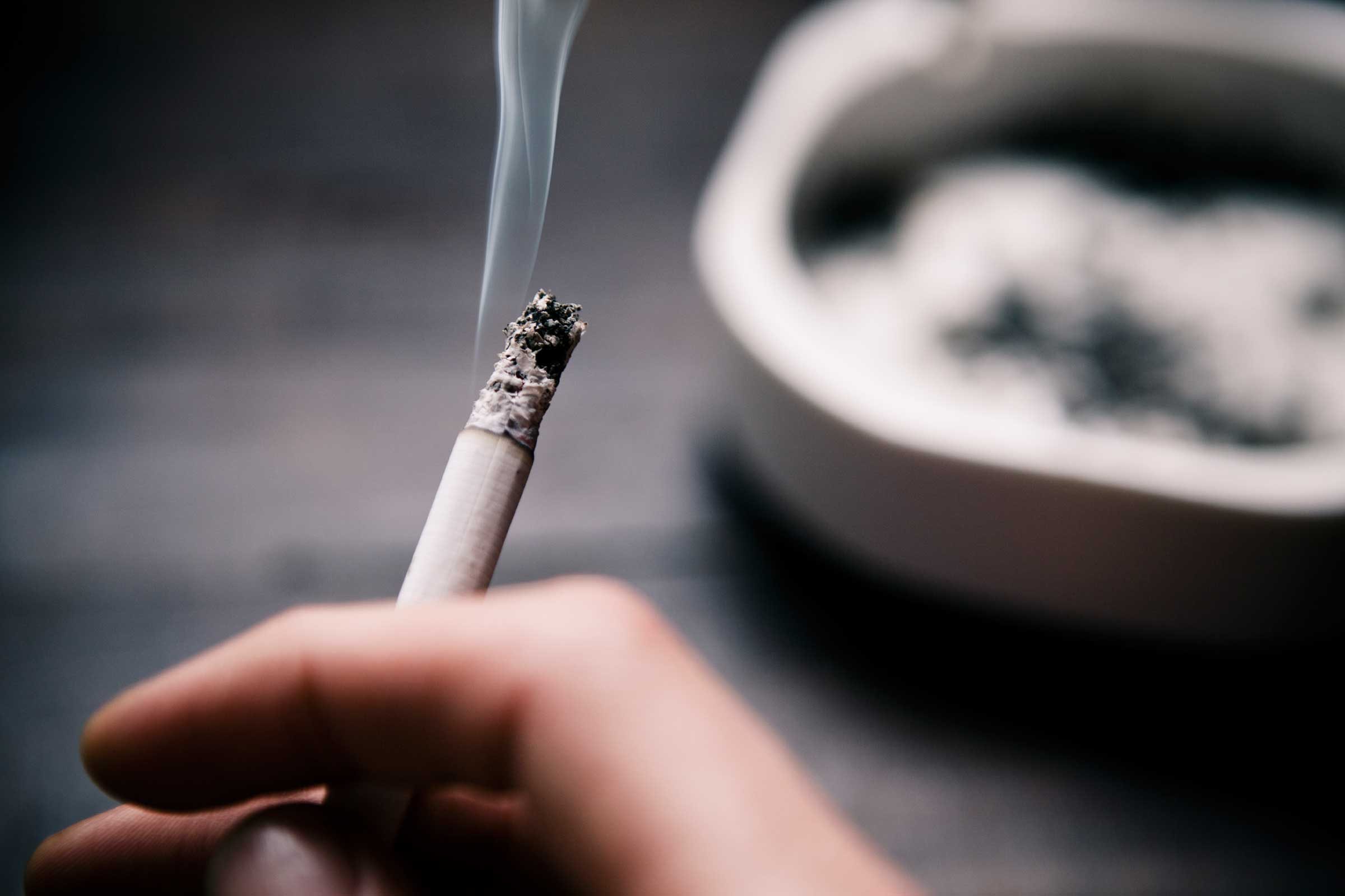
Curb alcohol, knock-out nicotine
Alcohol’s effect on sexual function was neatly summed up by William Shakespeare, who noted that wine “provokes the desire, but takes away the performance.” Excessive alcohol lifts behavioral inhibitions, but this may be canceled out by its depressant effect. Alcohol also has an action similar to the female hormone estrogen. This can cause impotence and shrinking of the testes in men who drink heavily. Nicotine, meanwhile, is an enemy of the arteries. Not only does it promote the formation of artery-clogging plaque in the blood vessels of the penis, it also constricts them.
“One drink loosens you up, two may be okay, but by the time you get to three or four, alcohol completely impacts the sexual function of men and women,” says Dr. Bhatia. “The immediate impact is trouble with arousal for women and trouble with erection for men. But the long-term impact of alcohol—and nicotine—use is crashing hormones. And that completely disrupts your sex drive when that whole balance is messed up.”
Drinking This Much Alcohol a Week Can Negatively Affect Your Brain
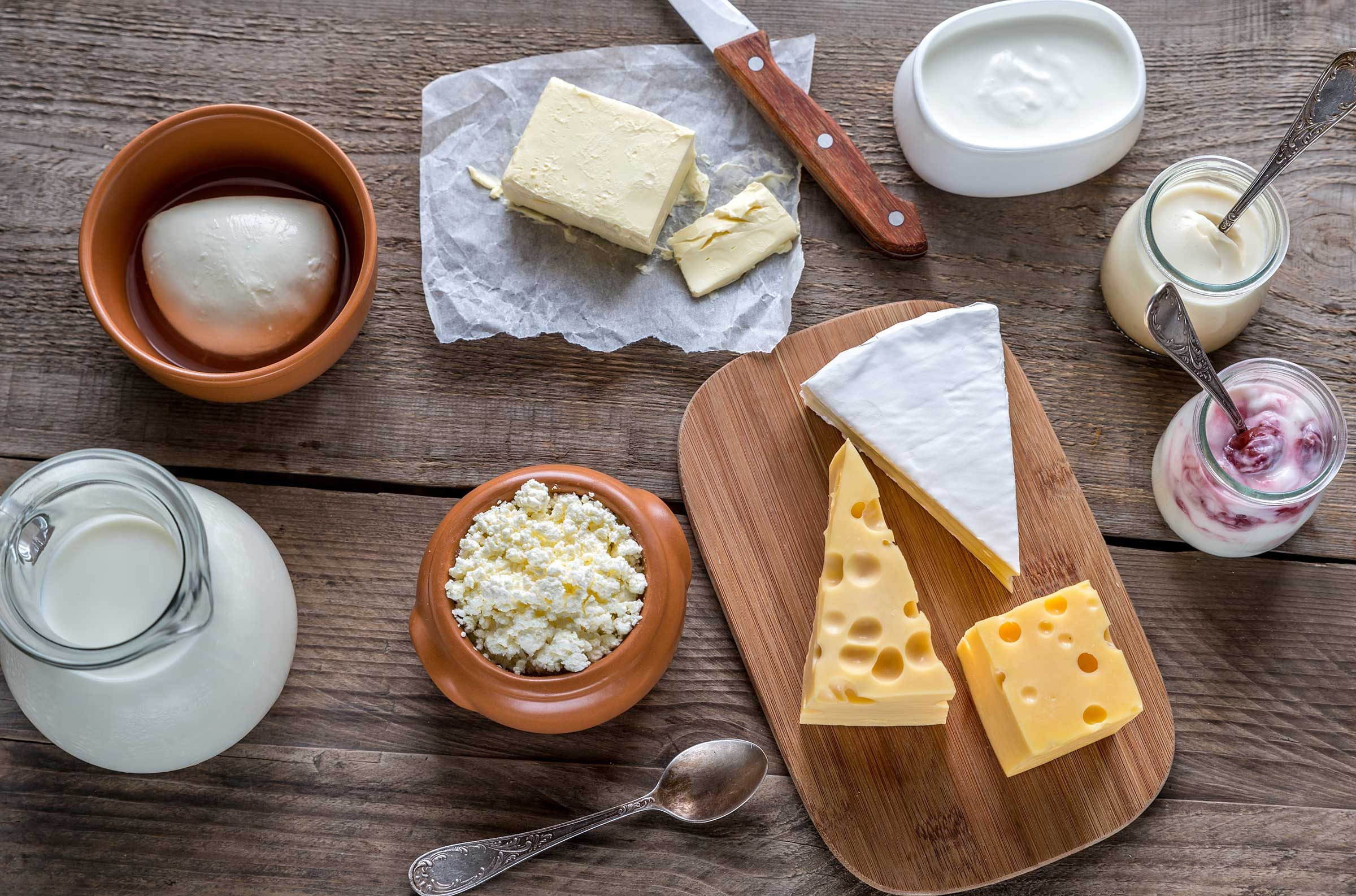
Minimize saturated fats
Everybody knows about the link between a high intake of saturated fats, elevated blood cholesterol levels, and a buildup of atherosclerotic fatty plaques on the blood vessels around the heart. It’s not as well understood, however, how similar plaques develop on the myriad of tiny blood vessels in the penis. Without free-flowing circulation, the penis cannot physically respond to messages from the sex drive.
“There are three nutrients men need to get an erection: arginine, which is an amino acid, zinc, and an appropriate amount of B vitamins,” says Dr. Bhatia. “So when men are eating a junky diet high in saturated fats, they’re not getting the essential nutrients that are needed to support and balance hormones and support blood flow to the penis. The lack of nutrients crashes hormone levels like testosterone.”
For more wellness updates, follow The Healthy on Facebook, Instagram, and Twitter. Keep reading:
